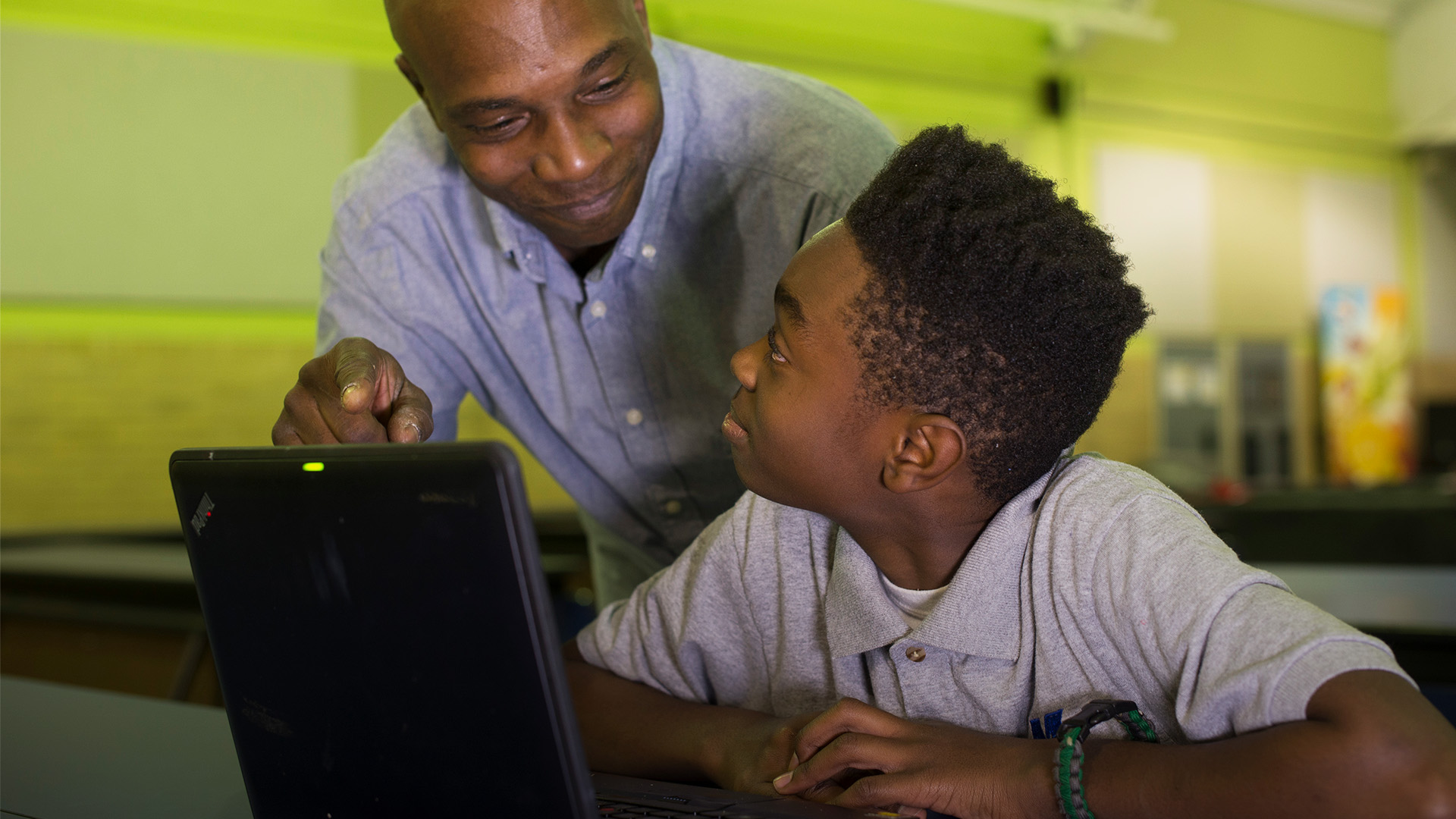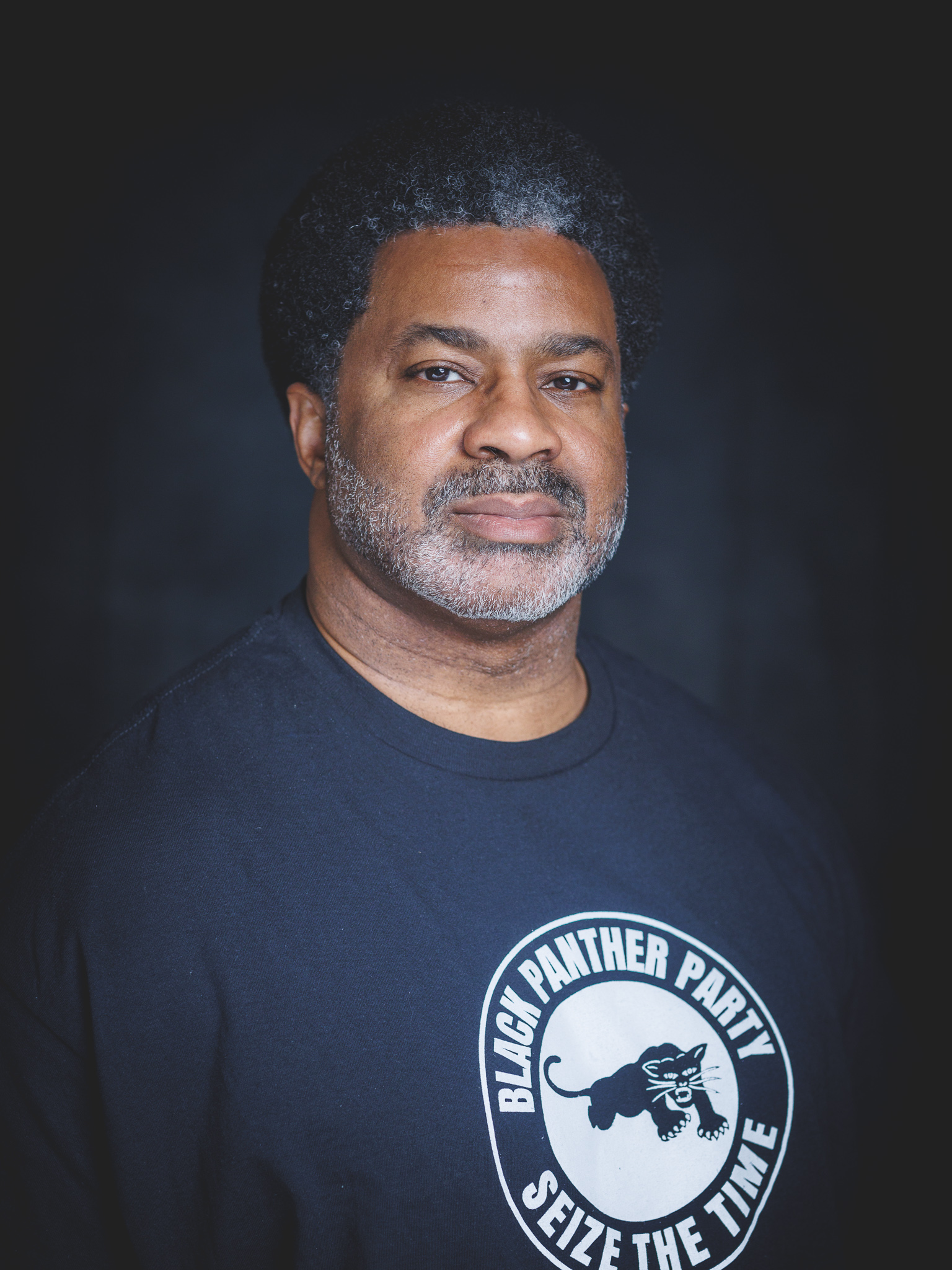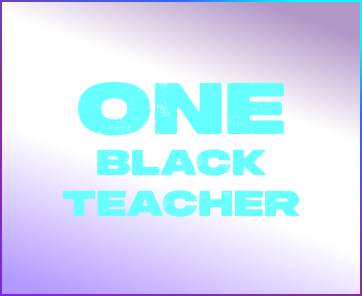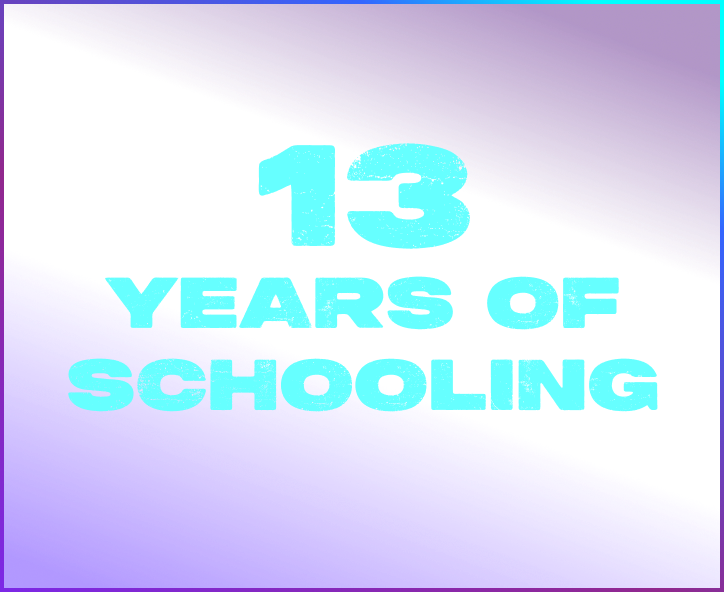WE ARE REBUILDING, AND NOT BUILDING, THE NATIONAL BLACK TEACHER PIPELINE.
Black teachers did not abandon their students to pursue new careers after the Supreme Court struck down the idea of whites-only education. Rather, they were summarily dismissed, phased out and left out of recruitment efforts when white leadership took advantage of desegregation to systematically undermine the national Black teaching corps.
It didn’t matter that the white teachers who were kept, or hired instead of them, were far less qualified and credentialed. What mattered was they were white.
The impact of all this has been undeniable. It is ongoing and self-reinforcing. Black students today continue to experience a majority, if not exclusively, white teachers throughout their public education, which serves to dissuade them from considering a teaching career of their own. We must break this cycle.






